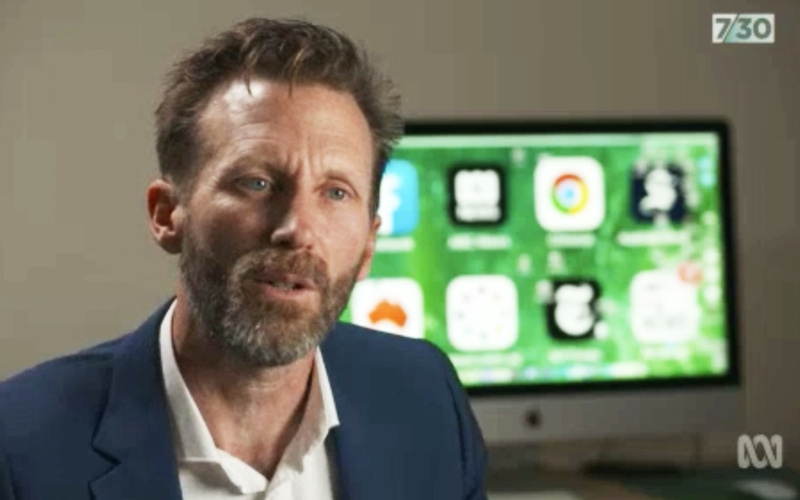
One of the most interesting and important developments in recent years within Australian media has been the development of the “News Media and Digital Platforms Mandatory Bargaining Code”.
This piece of legislation currently before federal parliament is unprecedented on a number of fronts, and may have a big impact on Australian news media.
I have been observing and commenting on the development of this extraordinary new code as it progressed from vague proposal to black-and-white law. Here is a condensed summary of that coverage, with links.
The Spinoff: Why Australia’s plan to make tech giants pay for news won’t work
- Initially it wasn’t clear how the Australian government could craft a law that mandated payment from two tech companies to a bunch of news providers. Normally laws are used to raised taxes or to create frameworks that govern the way people interact with each other. I am not against taxing Facebook and Google, but I am against laws based on falsehoods: namely, that news content forms a very profitable content backbone for the tech giants.
Go Inside News: Australia’s foray into digital news fairness: Supersmart and superdoomed
- The problem of how to force payment from Facebook and Google to the news industry when it is impossible to quantify a putative “indirect value” of news was sidestepped by turning the “mandatory code of conduct” into a “bargaining code”. In this way the Australian government would set up a framework of negotiation that left the calculation of value to both parties.
- Facebook reacted strongly in its formal submission, claiming that it would make very little difference to its Australian business if news were entirely absent from the platform. It followed up by saying that it would indeed switch off news in Australia if the code were to pass as envisioned, and that it was making preparations to do just that. It said it would have to take a broad view of what constituted news in order to not fall foul of the proposed law.
Go Inside News: Google brings cannon to gun fight
- Google took longer to warm up, but then went direct to its users (ie, everyone) in spectacular fashion with alerts on the search homepage and Youtube warning that “services were at risk”. The approach seemed counterproductive as it reinforced Google’s reach and market power while involving a public struggling to understand the detail.
- To me it seemed Facebook’s threat of banning news content from the social network was in earnest. A Facebook news ban would cripple digital-native news organsations that receive a big proportion of their traffic from the social network. I set about talking to these people to find out how scared they were. They were scared. Many anticipated shutting down if Facebook prevented the distribution of news. Legacy media companies are relatively insulated, and therefore a FB ban may have the effect of stifling content innovation.
- The law was finally tabled in Canberra in early December, and there were some significant concessions to the digital giants. The most important was the recognition that value flowed both ways in the platform/news relationship, a concession that may substantially lower the amounts Facebook and Google pay to news companies. But the essence is still there: there will be payments for news links, and the amount will be determined by a “final offer arbitration” model in the absence of agreement. The code also encourages the parties to come to deals outside its framework. It seems likely that after all this noise and fury, the digital platforms may agree to high payments to the most influential news organisations (News Corporation and Nine) outside the framework (in order to avoid precedent) and relatively low payments to everyone else (counting on the lack of political and legal power of the smaller parties). If this happens they will have breached one of their own key principles – not to pay for links – and in my view set up an unhealthy dynamic with the news industry that may well set the tone for negotiations worldwide.
